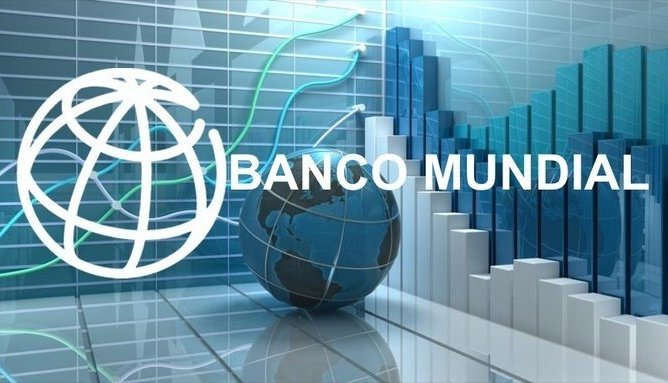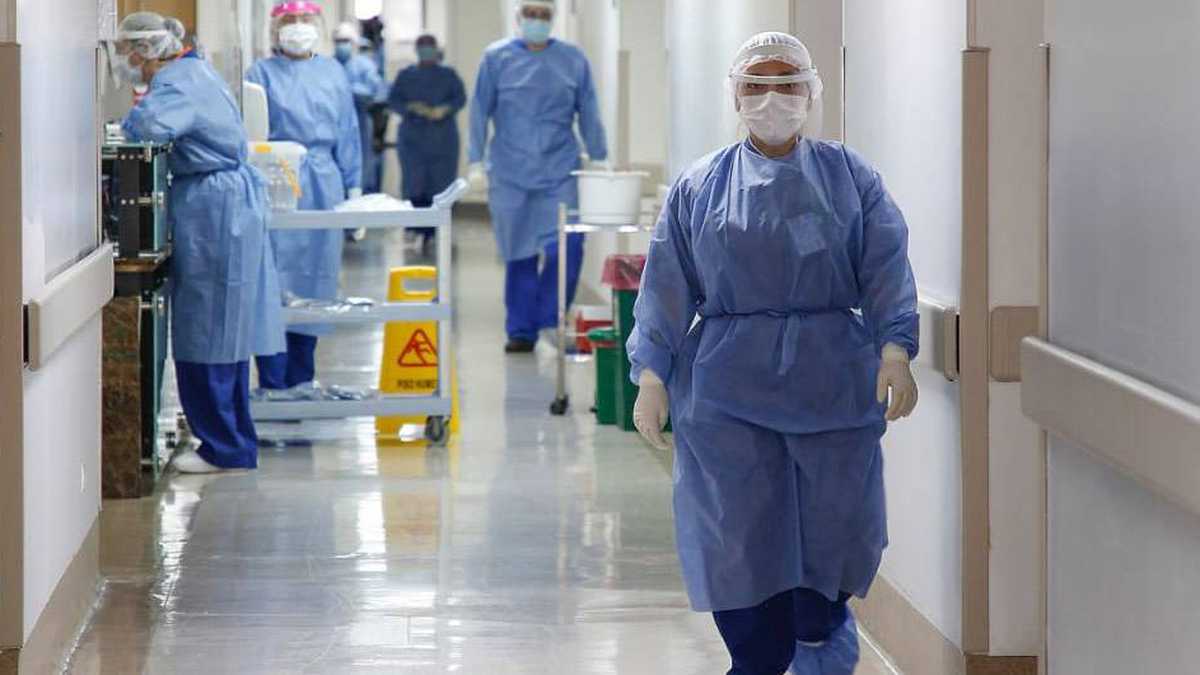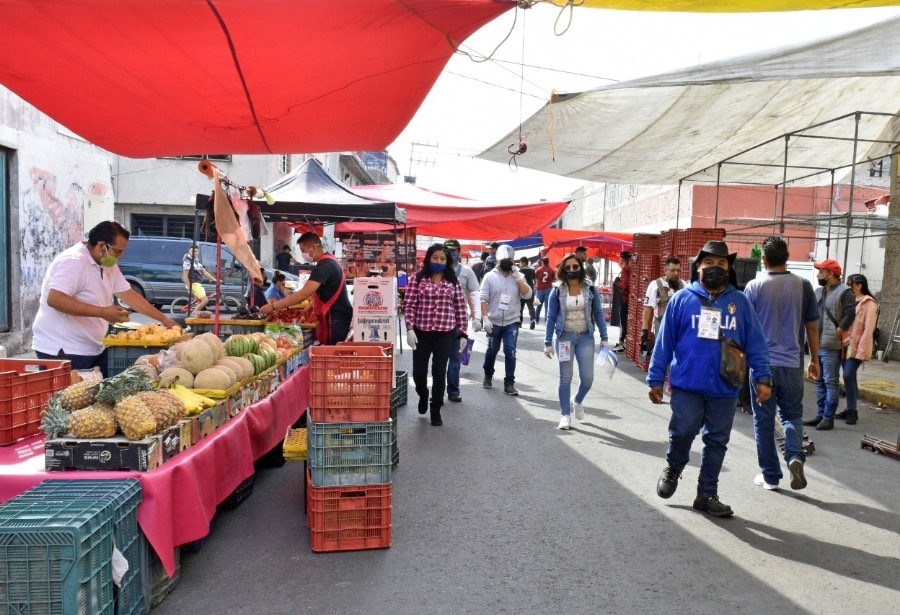The Covid-19 pandemic impacts mostly low-skilled workers and also exacerbates the region's already high inequality, according to Employment in Crisis: A Path to Better Jobs in Post-Covid-19 Latin America. After a crisis, low-skilled workers often have lower earnings over a decade, while high-skilled workers experience an early recovery.
Public policies should focus on protecting workers from this strong long-term impact through the use of unemployment insurance, social safety nets and retraining programs, as well as facilitating job creation and helping workers to be where the jobs are.

This can be favored through increased competition, more flexibility to manage human resources, and a reduction in subsidies. Through trade and public procurement policies, governments can also improve the environment for competitive firms to thrive. Targeted public investment in transportation can bring workers closer to jobs, while affordable housing can help them reside where the jobs are.
On average, after three years a recession generates a net loss of 1.5 million jobs, with a 3% contraction in formal employment and an expansion of informal employment. The current crisis could be even worse and cause a contraction in formal employment of up to 4%.

In theory, low-skilled workers tend to be the hardest hit, exacerbating persistent inequalities in the region. For them, the aftermath of crises can last up to a decade, with income losses and increased vulnerability.
Furthermore, two-thirds of the countries in the region lack unemployment insurance programs. In order to minimize the long-term fallout, governments need to put in place policies to support sustainable economic recovery and facilitate employment recovery.

The right policies can help limit the impact of crises on employment and promote the creation of more jobs in the recovery phase," said Carlos Felipe Jaramillo, World Bank vice president for Latin America and the Caribbean.
Economic assistance programs, such as unemployment insurance and other transfers to households during economic downturns, limit the damage caused by downturns and help economies recover. However, one of the challenges in the region is that significant segments of the labor force operate in informality and thus are not reached by traditional unemployment insurance.

In response to the Covid-19 pandemic, the World Bank has since committed more than US$125 billion to combat the health, economic and social impacts of the pandemic, the fastest and largest response to a crisis in its history.
The financing is helping more than 100 countries strengthen pandemic preparedness, protect the poor and safeguard jobs, and jump-start a climate-friendly recovery. The Bank is also providing $12 million to help low- and middle-income countries procure and distribute vaccines, tests and treatments for Covid-19.
 English
English  Español
Español 
